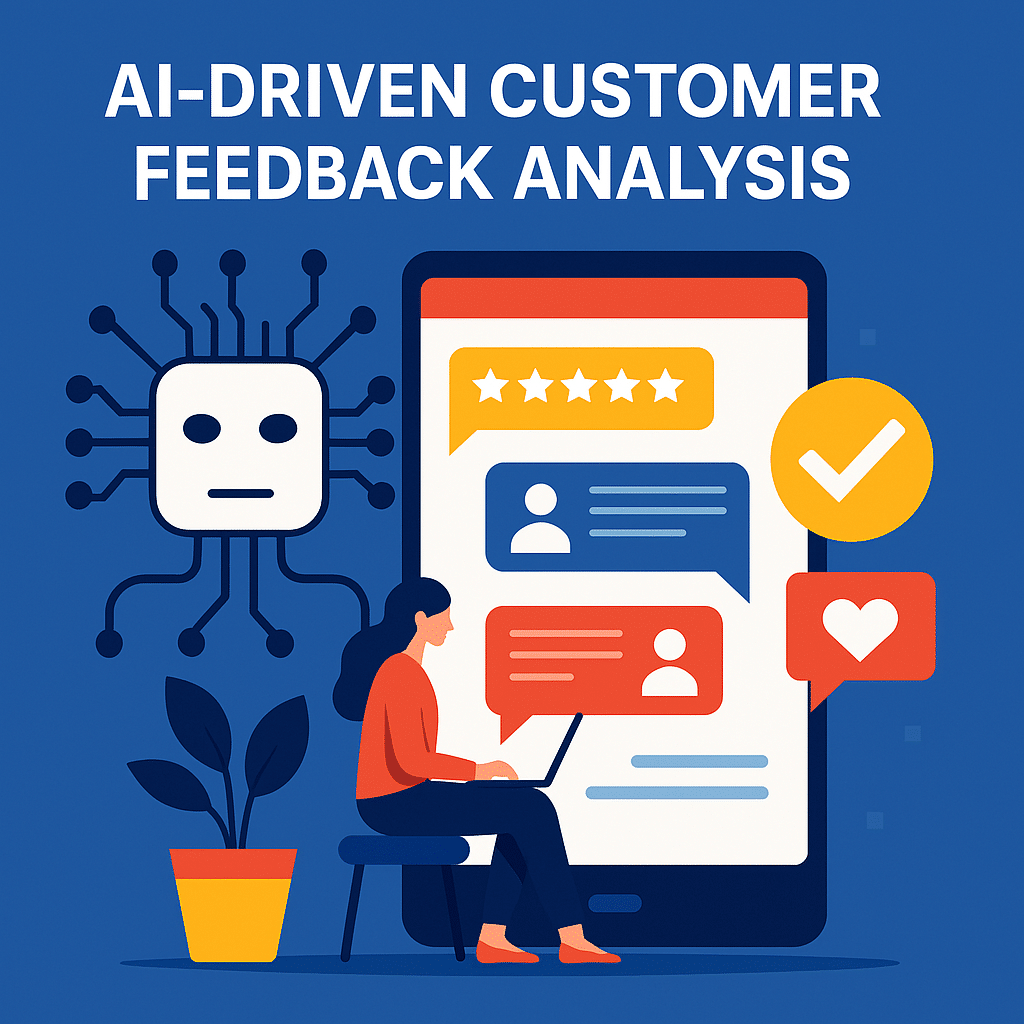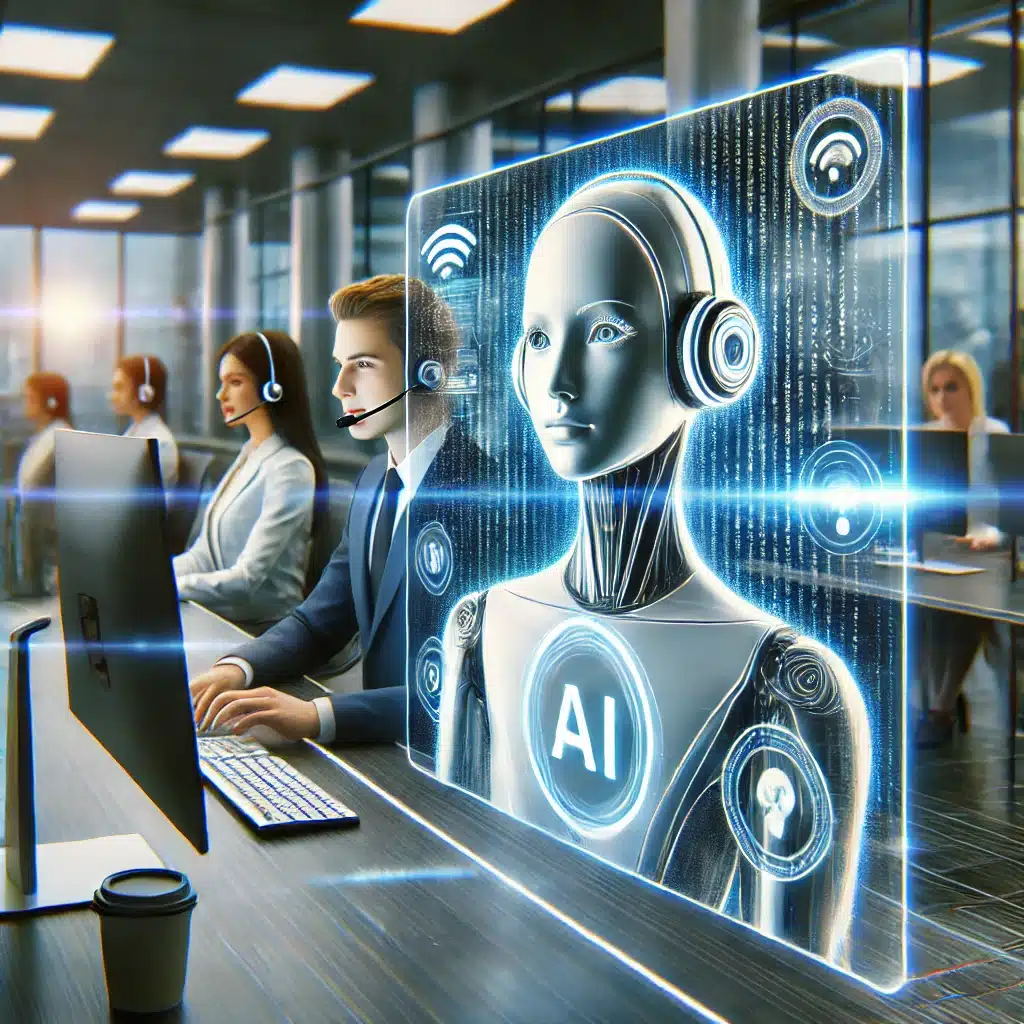Authors’ Copyright Infringement Claims Against OpenAI
In recent developments, authors like Sarah Silverman and Paul Tremblay have pursued legal action against OpenAI for allegedly using their works without permission. While attempting to claim unfair competition, a judge dismissed their case on these grounds. Nevertheless, the copyright infringement claim remains active.
The authors argue that OpenAI’s use of their literary works to train models such as ChatGPT violates copyright protections. California District Court Judge Araceli Martínez-Olguín dismissed the Unfair Competition Law (UCL) claim. However, the main issue still stands: does ChatGPT directly infringe the authors’ copyrights?
Developers, including OpenAI, maintain that using copyrighted material for training AI models is protected under the concept of fair use. Conversely, rights holders dispute this claim, triggering numerous lawsuits against OpenAI in the last year. For example, several newspapers, including the New York Times, have taken legal action against OpenAI.
The Key Issue: Fair Use in AI Training
At the heart of this debate lies the question of fair use. AI developers claim that their use of copyrighted material in training models falls under “transformative” use, a key component of fair use doctrine. On the other hand, rights holders argue that these uses do not meet fair use requirements.
Moreover, the decision to dismiss the unfair competition claim has shifted focus entirely to the copyright infringement allegations. OpenAI will now need to provide a robust defense to argue that their actions were within legal parameters. Meanwhile, the legal community will closely watch how these cases unfold.
Elon Musk’s Legal Challenges Against OpenAI
In a parallel development, Elon Musk has once again initiated legal action against OpenAI and its CEO, Sam Altman. Musk’s new lawsuit repeats allegations that OpenAI betrayed their original mission by transforming from a non-profit to a largely for-profit enterprise. His lawsuit claims that this shift threatens humanity by advancing AI recklessly.
The new legal complaint includes claims of federal racketeering and wire fraud, intensifying the stakes of the dispute. According to Musk, OpenAI violated a “founding agreement” intended to benefit humanity. OpenAI responds to this lawsuit by refuting the allegations and portraying Musk as a jealous ex-partner.
This lawsuit marks the continuation of an acrimonious relationship between Musk and Altman, who co-founded OpenAI in 2015. Musk left the company over internal disputes, and since then, tensions have only escalated. Furthermore, Musk’s pursuit of his own AI ventures adds another layer of complexity to the ongoing saga.
Legal and Ethical Implications
These lawsuits highlight significant legal and ethical questions in the AI industry. Consequently, the outcome of these cases will have profound implications for AI developers and copyright holders alike. Companies will need to navigate the fine line between innovation and the legal constraints of copyright law.
Moreover, the rise of AI and its growing capabilities necessitates robust legal frameworks to protect both creators and users. As more legal precedents emerge, the boundaries of fair use in AI training will become clearer. However, achieving a balance that accommodates both technological advancement and copyright protection remains a challenging task.
Conclusion
In summary, recent legal battles involving OpenAI underscore the evolving complexities at the intersection of AI, copyright law, and competition regulations. The dismissal of the unfair competition claim against OpenAI shifts the spotlight entirely to copyright issues, where the principle of fair use takes center stage. Meanwhile, Elon Musk’s ongoing disputes with OpenAI add another layer of intrigue and complexity to the legal landscape.
Ultimately, these cases will likely set important legal precedents that could shape the future of AI development. Therefore, staying informed about these ongoing legal challenges is essential for anyone involved in the AI industry.



